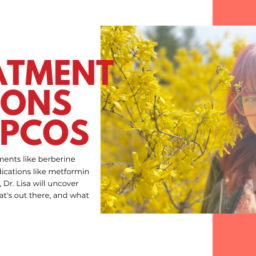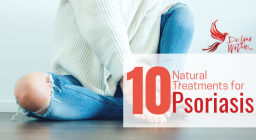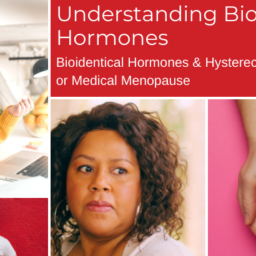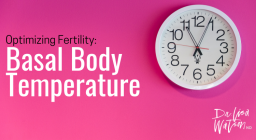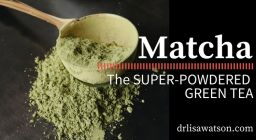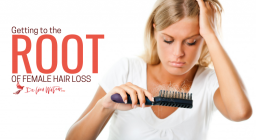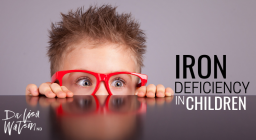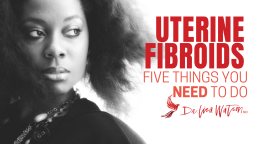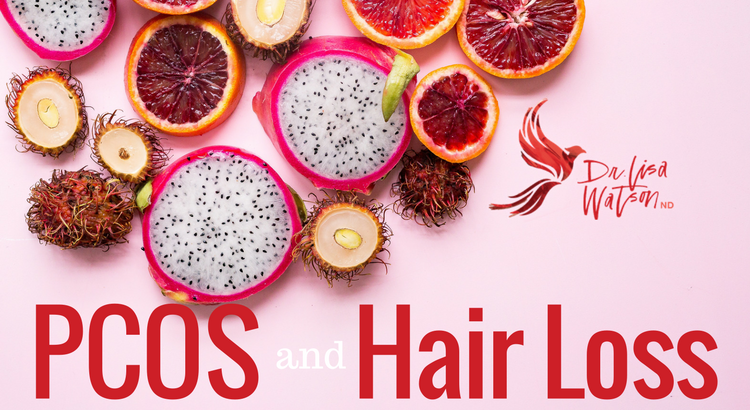
My personal experience with hair loss in my early 20s has given me a keen passion to support women with hair loss of any cause. In other articles I’ve discussed the Root Causes of Female Hair Loss and Alopecia Areata but in this article I’m discussing the hormonal hair loss associated with PCOS.
PCOS: Hormone Havoc
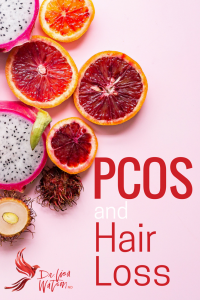 In polycystic ovarian syndrome (PCOS) the ovaries do not respond appropriately to hormonal cues from the brain (the pituitary gland to be precise), resulting in the formation of cysts in the ovaries.
In polycystic ovarian syndrome (PCOS) the ovaries do not respond appropriately to hormonal cues from the brain (the pituitary gland to be precise), resulting in the formation of cysts in the ovaries.
These cysts are actually unsuccessfully ovulated follicles – in normal ovulation the follicle ruptures and releases an egg. But in PCOS the follicle continues to grow and becomes a cyst.
Because the follicle does not release the egg, and continues to grow, it also continues to release hormones – mostly estrogen and testosterone. And it is this hormonal havoc that can lead to hair loss.
Testosterone and Hair Loss
High levels of testosterone are known to contribute to hair loss, and women with PCOS often have elevated levels of testosterone and other androgens (including dihydrotestosterone – a super powerful form of testosterone).
The testosterone can bind to receptors in the scalp hair follicles, stimulating hair loss in a male pattern – typically hair is lost at the front of the hair line, and at the very top of the head. It’s usually in a diffuse pattern – meaning the hair falls out all over rather than in patches.
The low progesterone that occurs in PCOS (progesterone is only produced after ovulation – no ovulation, no progesterone) also binds to those same hormone receptors in the hair follicle – preventing hair loss from occurring. So the balance of high (or even normal) testosterone and little to no progesterone causes the hair loss we see in PCOS.
Treating PCOS Hair Loss
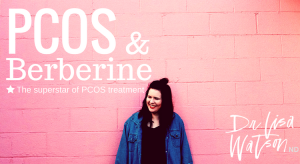 The goal of treatment in hair loss associated with PCOS is to get you ovulating again. The balance of hormones in a healthy menstrual cycle should prevent hair loss from occurring. In the early stages of treatment we may also use treatments like saw palmetto, spearmint, berberine or inositol to decrease the testosterone levels.
The goal of treatment in hair loss associated with PCOS is to get you ovulating again. The balance of hormones in a healthy menstrual cycle should prevent hair loss from occurring. In the early stages of treatment we may also use treatments like saw palmetto, spearmint, berberine or inositol to decrease the testosterone levels.
As with all treatments for hair loss, the benefits take time to become apparent. The life cycle of the hair is three months – any hairs that have already been triggered by testosterone to fall out will do so for the first few months. So don’t give up on your treatment if you don’t see a benefit right away. The work you do now will benefit future you.
If you have any questions about your hair loss – whether it is associated with PCOS or any other condition, book a free 15 minute consultation so we can talk.
Disclaimer
The advice provided in this article is for informational purposes only. It is meant to augment and not replace consultation with a licensed health care provider. Consultation with a Naturopathic Doctor or other primary care provider is recommended for anyone suffering from a health problem.



